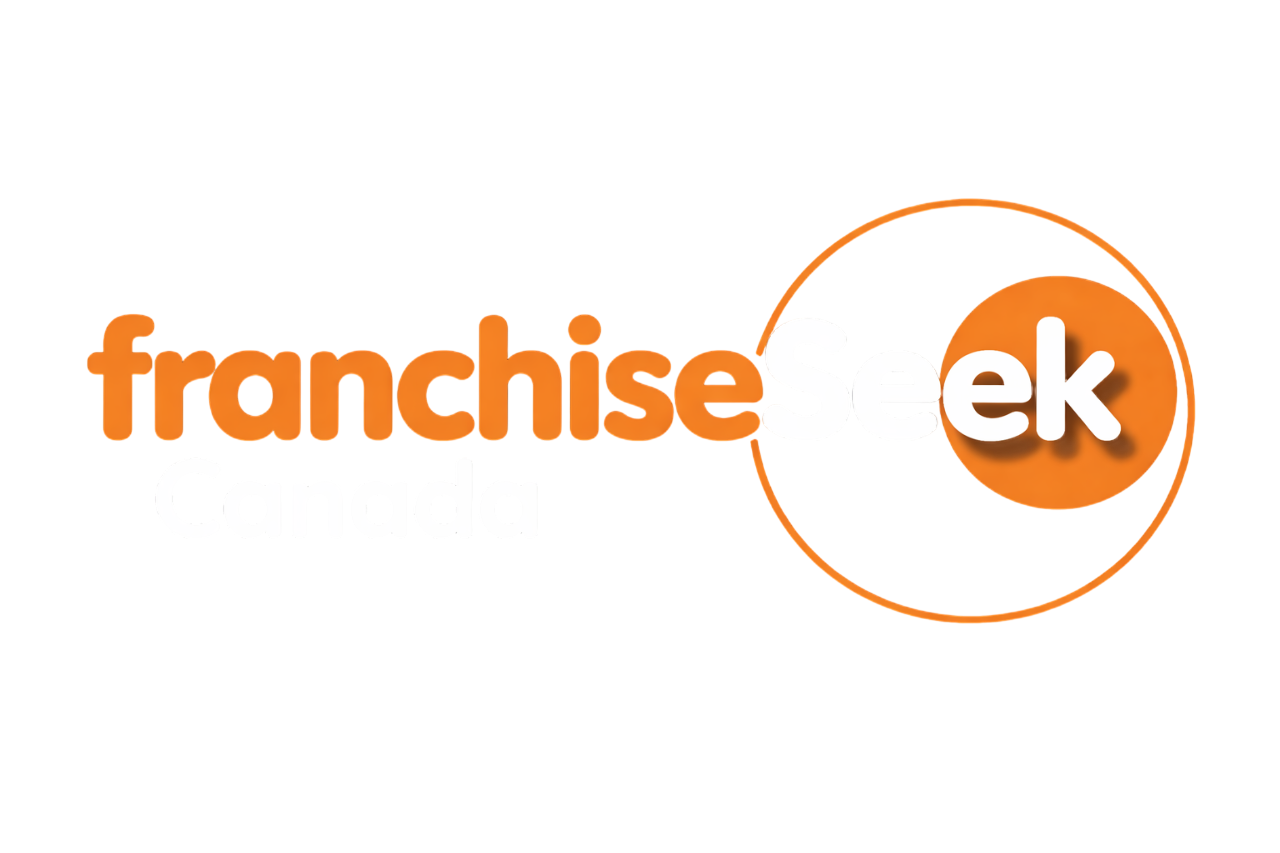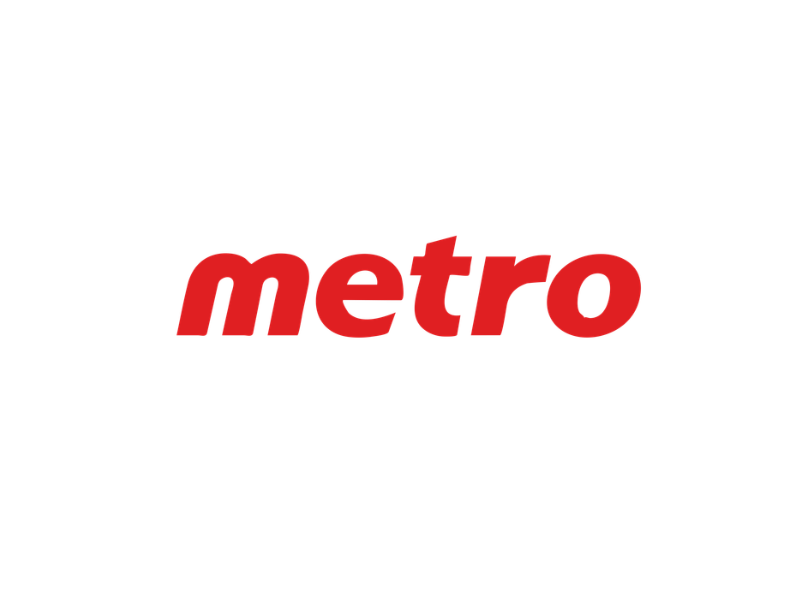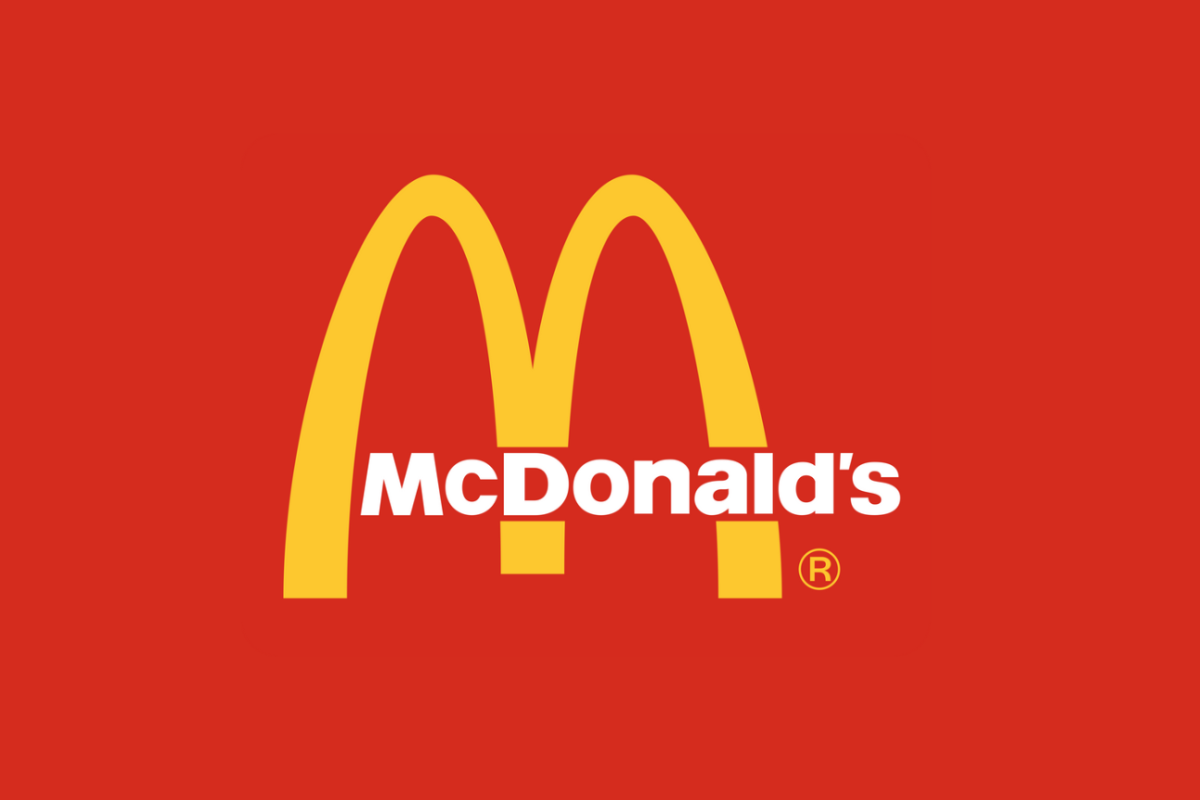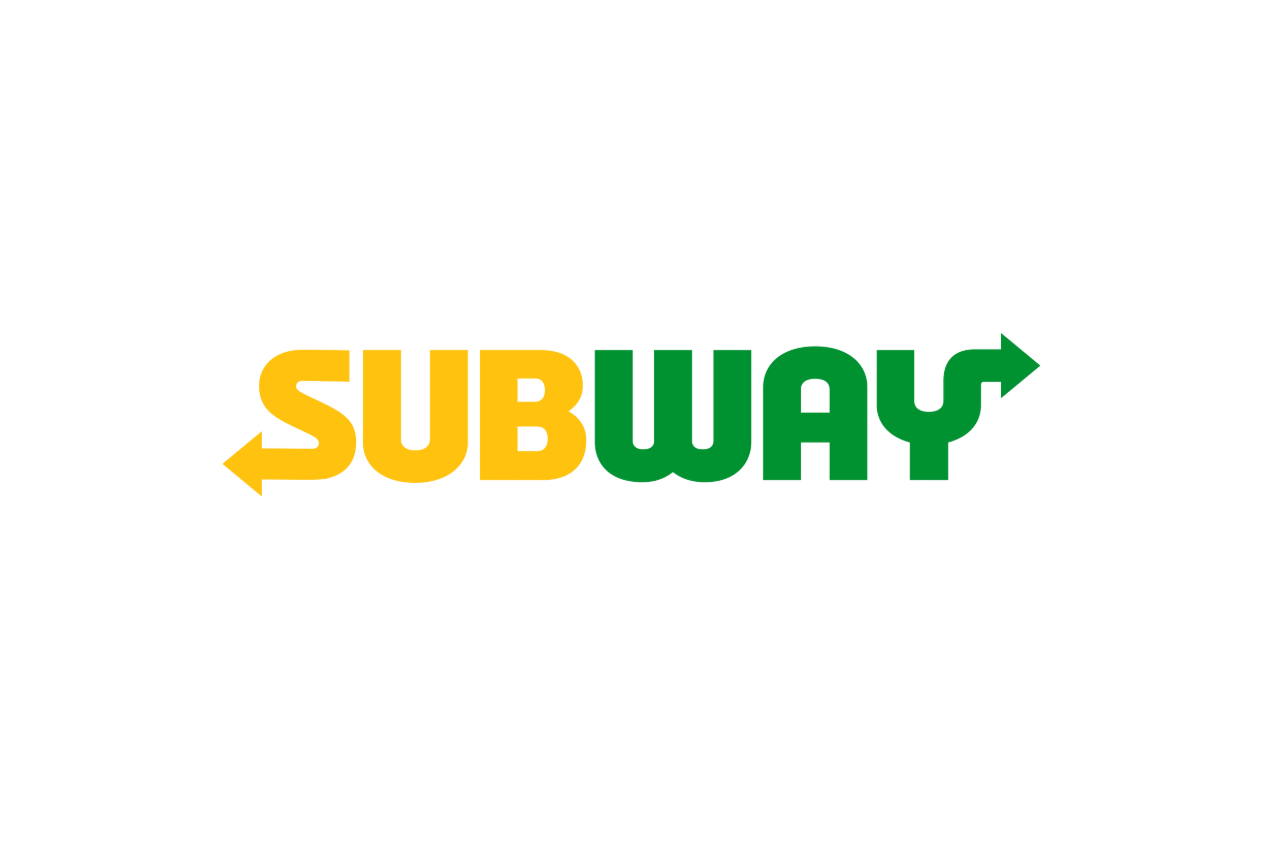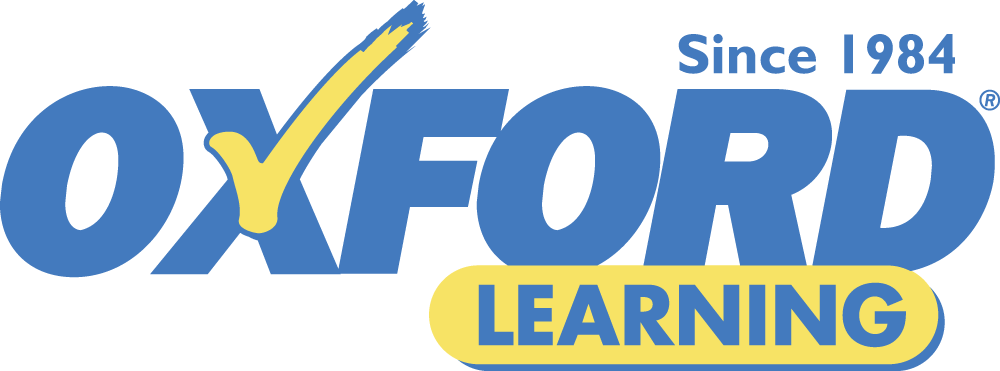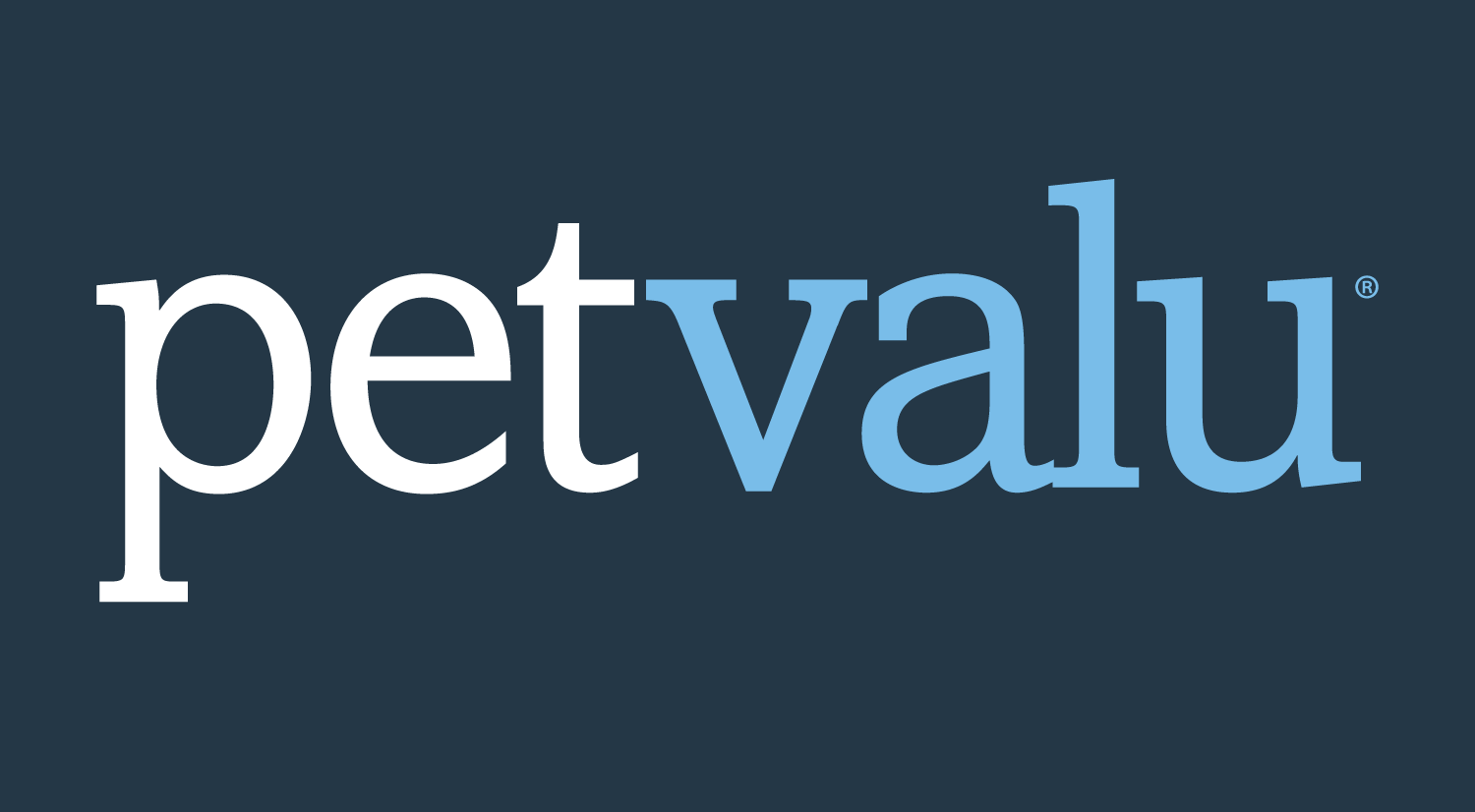Metro is one of the largest and most recognized grocery chains in Canada, with stores located primarily in Ontario and Quebec. The brand is known for offering fresh food, household essentials, and a wide range of private-label products. Because Metro is such a strong and established name, many aspiring entrepreneurs wonder if they can open a Metro store through a franchise. Grocery businesses can be attractive investments due to consistent demand, so it’s important to understand how Metro operates and whether franchising is part of its business model.
Metro’s Operating Structure
Metro runs its stores through a centralized corporate structure. This means that the company itself owns and manages the majority of its locations. Unlike brands that use franchising to expand quickly across multiple regions, Metro develops its network by keeping full control over its stores, operations, and brand standards. This approach ensures a consistent shopping experience for customers, no matter which Metro store they visit.
The company oversees everything from store design to merchandising, staffing models, supply chain operations, and product quality. This centralized model is common among large grocery chains that want tight control over their branding and day-to-day processes. It also allows Metro to respond quickly to market changes, streamline marketing campaigns, and maintain efficient distribution systems.
Metro also owns other banners, such as Food Basics and Super C, which operate under similar centralized models. Even though these brands serve slightly different customer segments, they share Metro’s preference for corporate ownership rather than franchising.
Metro Does Not Offer Franchise Opportunities in Canada
Metro does not offer franchise opportunities in Canada. The company has chosen not to use franchising as part of its expansion strategy. Instead, all Metro supermarkets are corporate-owned and managed directly by the company. This allows Metro to maintain full oversight and ensure that every store meets its operational and customer service standards.
For entrepreneurs hoping to open a Metro location as a franchise, this means that the opportunity simply does not exist. Unlike some other grocery chains that use a mix of corporate stores and franchises, Metro’s system remains fully centralized. While this may be disappointing for those who want to enter the grocery market, it reflects Metro’s long-standing strategy of keeping tight control over its brand and operations.
What This Means for Entrepreneurs
Because Metro does not franchise, entrepreneurs who want to enter the grocery or retail food sector will need to explore alternative options. Canada has several grocery banners that do allow independent ownership or franchise-style arrangements. These include certain discount and community-based grocery stores that operate differently from Metro’s corporate model.
Entrepreneurs might also consider starting an independent grocery store if they prefer full control and flexibility. This route can require more financial investment and business planning, but it provides freedom that corporate or franchise systems do not. Understanding market demand, location, competition, and consumer preferences will be essential for anyone entering the grocery space independently.
Metro’s decision not to franchise also highlights the nature of today’s grocery industry. Large corporations often find it more efficient to control all aspects of store management, supply chains, and pricing. This helps them stay competitive, especially in regions with strong demand for low prices and consistent quality.
Conclusion
Metro is a major grocery retailer in Canada, known for its strong presence in Ontario and Quebec. While its brand is trusted and widely recognized, Metro does not offer franchise opportunities in Canada. All Metro stores are corporate-owned, allowing the company to maintain consistent operations and brand standards across its entire network.
For entrepreneurs interested in owning a grocery business, this means that Metro is not an option for franchising. However, there are other grocery chains and independent opportunities available for those wishing to enter the industry. Understanding Metro’s business model helps clarify the options and guides entrepreneurs toward grocery ownership paths that better align with their goals.
